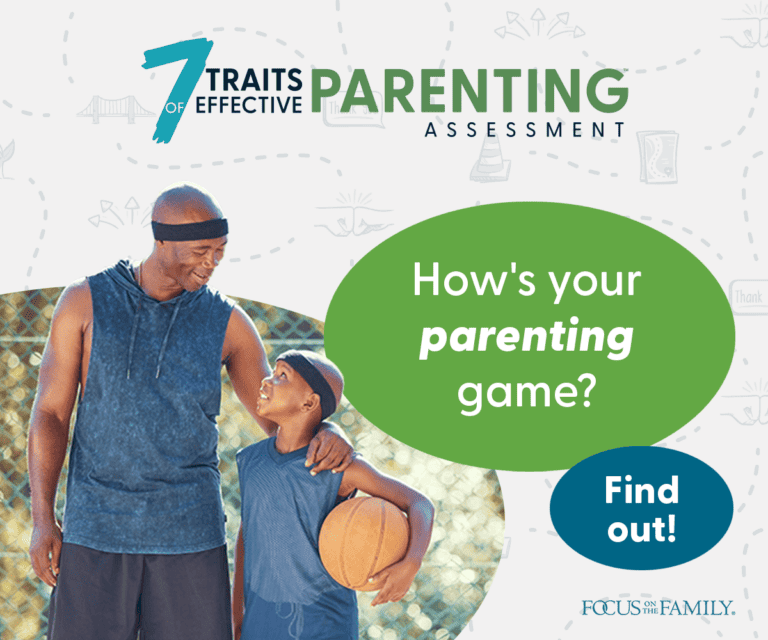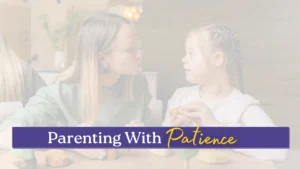Recently a father expressed to me his concerns about his son in the new school year. “We expect good
grades,” this parent explained. “But we really want him to demonstrate good character.”
His comments were similar to responses I’d heard from other parents. When asked which is their top
priority for their kids—good grades or good character—most parents answer “good character.” I
suppose we think it’s the right answer to that question.
What you value
But do we communicate this to our kids? In a study from Harvard University, 80 percent of middle and
high school students said their happiness or achievement was more important to their parents than
their personal character. The report gave me pause. Do my kids know which I value more?
There’s certainly nothing wrong with expecting kids to get good grades. And academic achievement can
be an indicator of qualities we want to build in our children—determination, resilience,
responsibility, creativity. But in the big picture, a child’s character paints a clearer image of
who he or she will become and how this individual is growing in his or her faith.
Strike a balance
As parents, we have the most influence in our kids’ lives, and it’s vital to remember that children
learn far more by how we act than by what we say. When we applaud our kids for academic performance,
let’s be sure it’s balanced with celebrations and awareness of growing character, as well:
Cheer them on when they talk about reaching out to a classmate who is lonely or a neighbor kid who
needs help or when they show patience toward a sibling. When we notice and encourage kids as they
display respect, compassion, patience and kindness toward others, they are more likely to prioritize
those life qualities.
Help them recognize the value of integrity and the maturity that comes with accepting responsibility
for mistakes. Always rejoice in the truth when it’s spoken in your home, even when it’s an admission
of doing something wrong.
Notice effort over results. It’s often tempting to focus on measurables. Did my child ace the test
or score the winning goal? It’s better to consistently notice and celebrate kids’ effort—their
perseverance, cooperation and dedication—even when they don’t end up on the honor roll or hoisting
the tournament trophy over their head.















